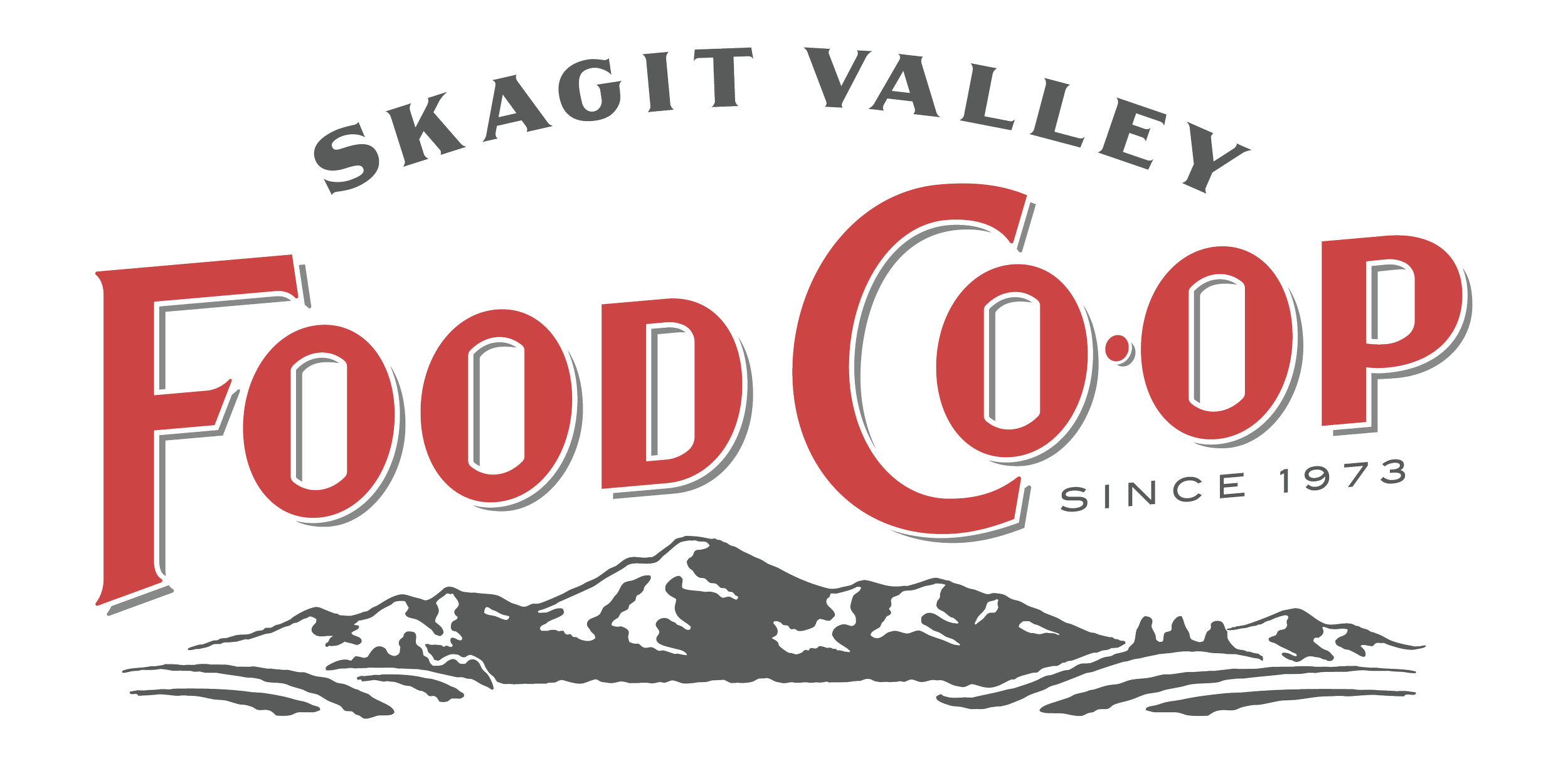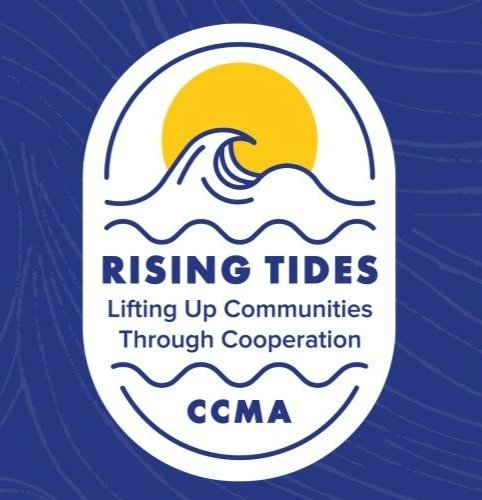From the Board: CCMA Update
At the end of May, several board members, General Manager Tony White, and Leigha Staffenhagen, our Board Administrator and Community Marketing Manager attended the annual Consumer Cooperative Management Association (CCMA) conference for the second year in a row, this time in Portland, Maine. As a refresher, CCMA is organized by the University of Wisconsin Center for Cooperatives and attended by food co-op leaders from around the country. The 380 attendees represented a broad range of co-ops, from newly formed to multi-stored behemoths.
The conference provided a broad overview of where co-ops are today and how they are addressing the common pressures we are all experiencing.
One standout issue is how some co-ops are addressing the need, especially in inner-cities, to bring real food at affordable prices into areas that have historically not been served by corporate grocers—food deserts. In many areas, the nearest store other than a minimart, or dollar store, is located far from the residents who need it. In these situations, co-ops are providing customer-driven solutions that don’t look a lot like the “natural food” co-ops many of us are used to.
They are providing what the communities want and at prices that work, while providing education, employment, and respect for the community. This work is complicated by many factors: the demands of federal programs, like WIC; the lack of familiarity with grocery stores; the fear of gentrification; the reputation of co-ops being too “bougie”; and a host of other dynamics like culture, language, and turf. These co-ops are working hard with the communities to figure out how to make this all work to allow better access to real food while highlighting the many benefits that would accrue if they succeed.
Local charcuterie at Rising Tide Co-op in Maine.
At Skagit Valley Food Co-op, we have been discussing how to address underserved areas and populations, and the experiences of these pioneers was a valuable learning.
It was also beneficial to take a few days and reflect on what a co-op is. At its most basic a co-op is a democratic, non-corporate business model—one where the business works for its members and its community. One speaker said it best when he said: “The Co-op IS community.” I think we don’t emphasize this enough. Our co-op exists to serve our community, and our members have a voice in what we do. We aren’t extracting profit for a remote corporation, we are nourishing our community, both through better food, as well as cooperating to make the community itself a better place to be. It was good to hear other co-ops efforts to build on this ideal and to be able to share what we’ve been doing.
Tony and Leigha led one session on how we stay relevant to our members, our employees, our non-member shoppers, and our community as a whole. They discussed our communications (like this excellent newsletter!), our living wage goals, our employee recognition and benefits, our community giving through programs like our Growing Good Fund, support for Viva Farms, 4% Friday, Tokens For Tomorrow Tokens, and a lot more. The session was very well received by the near standing room only crowd, with one person saying he found it “truly aspirational.”
Overall, I think we all came away proud of our accomplishments, aware of some things we could do better, and even more committed to the Skagit Valley Food Co-op, our members, our employees, our community, and the co-op model in general.


